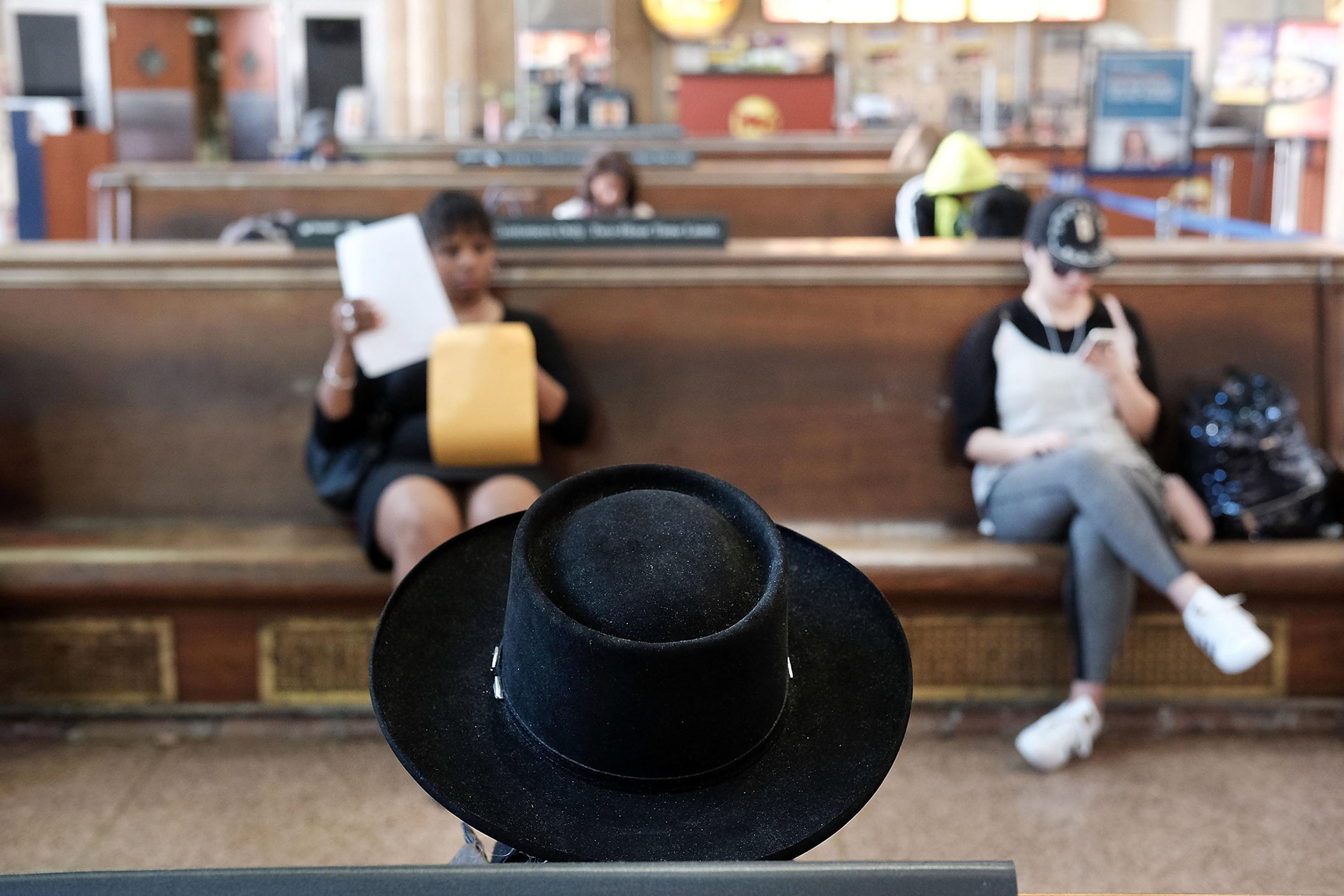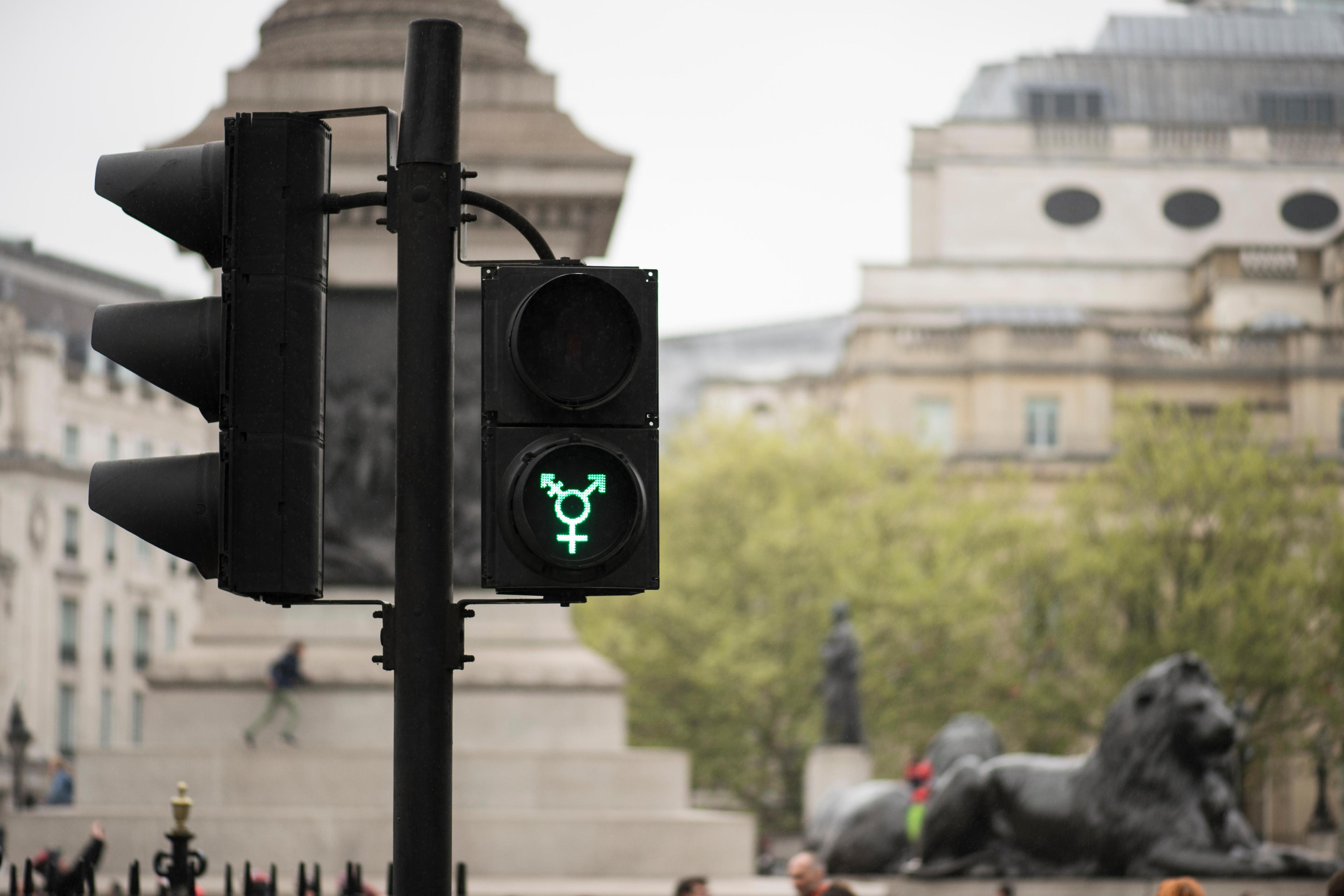When I started volunteering at a suicide helpline, I expected to come home late at night with sombre thoughts buzzing around my head before bed. I expected sad memories I hadn’t thought about in years to surface from hidden caverns in my brain. I expected I would hold intimate secrets, and learn fascinating stories about people’s lives and the shared pain that unites us all. I expected it to be a strange experience, and it is, but in a way I didn’t foresee.
Once a week, from 9 pm until 1 am, I sit next to my colleagues in a large room filled with computers and ceiling fans, and when the phone rings, I answer it and listen. There are about 60-100 hours of training beforehand, and ongoing education and support, but otherwise, this is the extent of my job.
Each conversation is entirely different because each person is entirely different. If I’m walking someone through a problem or a panic attack, the conversation might sound like an informal chat between friends. If somebody is calling because they need to access therapy or emergency housing, I’m like a dispatch officer, referring them to the service they need. And then, sometimes, the caller is in an urgent crisis, actively suicidal and in need of rapid help. In these cases, my supervisor gets involved and we come up with the right plan together.
I know very little about the callers. Even giving their name is optional, let alone their age, occupation, ethnicity or family structure. We don’t push for these details unless the caller wants to share them, and we don’t share details about our own lives. And yet these chats can have a profoundly powerful effect – and not just on the caller. In the six months since I started volunteering, these talks have overturned the way I handle almost all conversations, and changed my relationships to a radical extent.
It can feel like being thrown into the ocean. You don’t even know which way is up and which is down
This is partly because of testing my limits – engaging with the extremes of human suffering and hardship gives me context for the average. I’ve become more patient and resilient, and better at staying calm after bad news. But the biggest change wasn’t an improvement on an existing dimension. It was something entirely new: I’ve grown very comfortable dealing with unknown information. I’ve learnt to enter chaotic realms without getting lost in confusion or trapped in the darkness.
A difficult emotional experience can feel like being thrown into the ocean. You’re drowning, you don’t know how to swim; you don’t even know which way is up and which is down. This is where I meet my callers, and I help them find their bearings.
As I speak to them, I remember the most important rule of survival: you must not panic. It might seem like you’re in the bottomless sea of despair with no possibility of finding a way out, but if you spend enough time there, you can grow comfortable. You might even play with some bubbles, or poke at bizarre little creatures you didn’t see at first.
The conversation is never about me, but it is not entirely about the caller either. It is about a shared experience of making sense out of their confusion. Even if we don’t know where we’ll end up at the end of the call, the point is to orient towards safety and progress, and away from drowning. It’s about learning how to swim – or at least, how to tread water.
You don’t need to know very much about each other for this to happen. You can have a completely anonymous call and still help another person find a solution to a problem, learn a new way of coping, or find peace with what they’re going through.
What, then, actually happens on a call? The first thing I do is ask a few open-ended questions, to get some context about why the person has phoned. Then I sit and listen, and tell them that it is very human to have a difficult time. There is a common misconception that this is the end of it – that I let them vent for a bit and then the call ends. Far from it. I ask a lot of questions to help process their feelings, and I help them come up with a plan for how to get through the night.
I have to do this with limited information, so it is my job to keep the conversation focused on what’s happening in the present moment, and how to make it better. Even if the caller were able to tell me their entire life story, I still wouldn’t be able to form a complete model of their mind in my head – and certainly not to the point of managing their emotions or telling them what to do.
It turns out that conversations with friends are not so different. Even when you think you know somebody, you never have all the information; something always gets lost in translation. Sometimes you strip away unnecessary banality but, often, something essential is cut. Friends might avoid the truth because they are afraid of being judged. They might be unable to put their thoughts into words, or they might be held back by motives or concerns they don’t even fully understand themselves. Or they might be expressing themselves perfectly well to you, but you twist their words because you are superimposing your own models of the world onto them. To varying degrees, there is an uncrossable chasm between you and everybody you care about.
There are two ways you can interpret this. One is the depressing route: to believe that your friends are not really your friends and that you don’t really know them. That you will never really know anybody at all. Or you can take the more optimistic route: it’s not that you know your friends less than you thought you did, it’s that you know strangers more. You don’t need to have an established relationship to help someone. Even transient moments have meaning.
The priority is to be helpful, not just to appear helpful
This second route is the one my colleagues and I take every time we pick up the phone. Conversations on a phone helpline are different from normal conversations in two ways: we make few assumptions about the caller or their background, and our goal is for the caller to reach a better emotional state than when the conversation started.
Consider how this differs from most everyday conversations. When we speak to a friend, we rarely give them a blank slate to be whoever they want to be in that moment. We make assumptions about how they feel based on what they’ve said in the past. We let past resentments bubble up in our interpretation of their words. We pigeonhole them. We talk about things that were safe or helpful to talk about in the past rather than creating a new baseline, a new space for growth or development. The goal is also different: often with friends, we care too much about our own reputation, and try to look good in front of others rather than helping them feel good in that moment.
On a helpline call, there is no pretence that we fully know what’s going on. All we know is what the person tells us and our past experience of what worked well on other calls. We don’t worry about looking good, because it’s not about us. The priority is to be helpful, not just to appear helpful. We don’t assume answers to questions, but rather ask questions and listen openly. As a result, many of the blockages we unwittingly create in our normal conversations are cleared away.
These skills have been invaluable to me. Before I started working on the helpline, I tried to maximise the information I had when solving a problem. If a friend asked for help, I would attempt to simulate their entire mind in mine, to think as they would. I now know that this is very draining and rarely necessary. Now, in all conversations, I try to practise active listening and I don’t assume too much about the other person – because this limits a person’s ability to see beyond their current limits and grow. Most importantly, I try to focus on the moment as it is unfolding to create something brand new.
And often there is no external problem to solve at all – but rather, a person wants to change their mental state to be different. There are many problems where more information is helpful, but sometimes it’s better to meet a person where they are and to simply imagine – together – a better future. You’re not holding that person to what you know about them or even what they think they know about themselves. Instead, you’re letting a person imagine who they could be.
In the US, the National Suicide Prevention Lifeline is 1-800-273-8255
In the UK and Ireland, Samaritans can be contacted on 116 123 or email jo@samaritans.org or jo@samaritans.ie
In Australia, the crisis support service Lifeline is 13 11 14
Other international helplines can be found at www.befrienders.org








